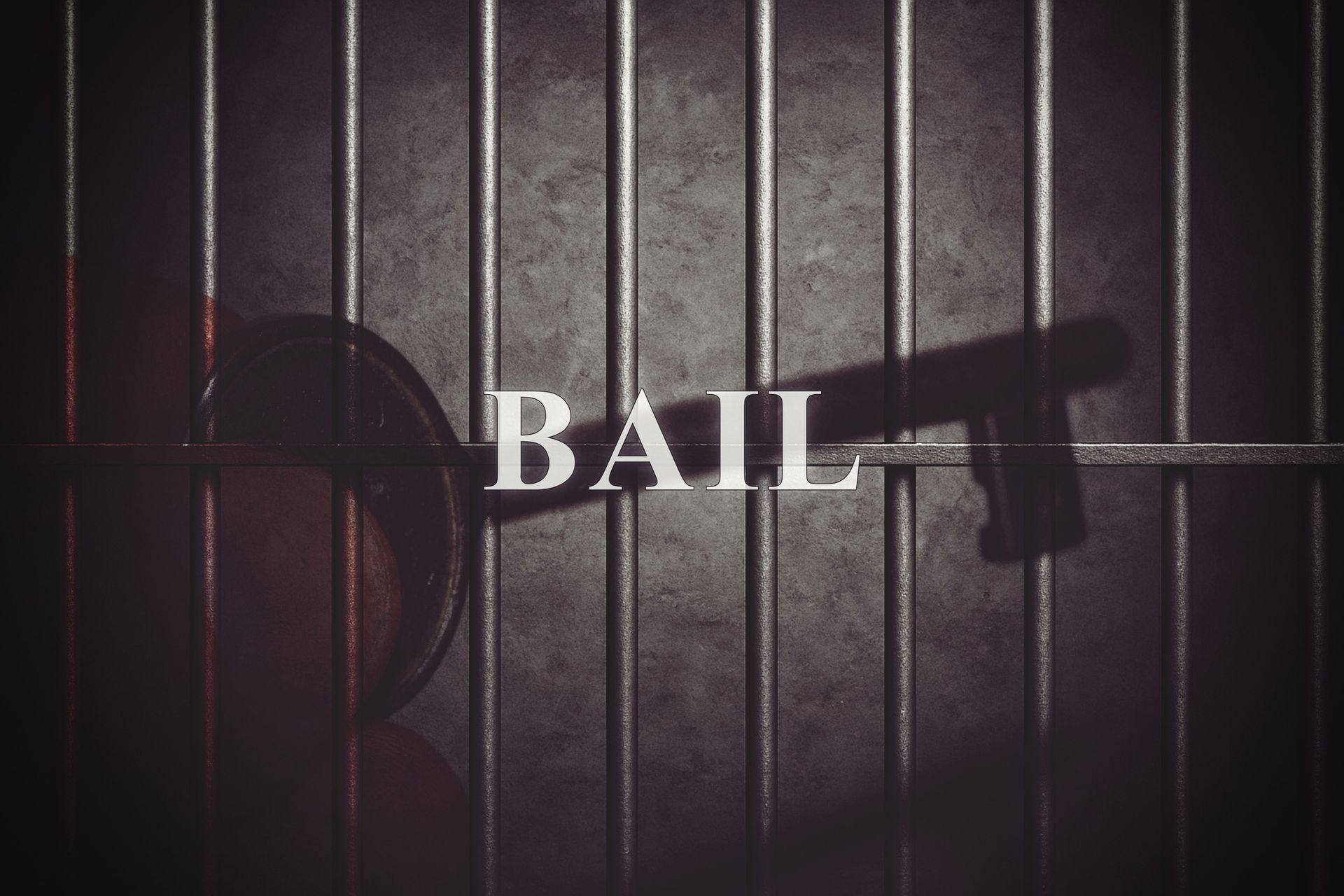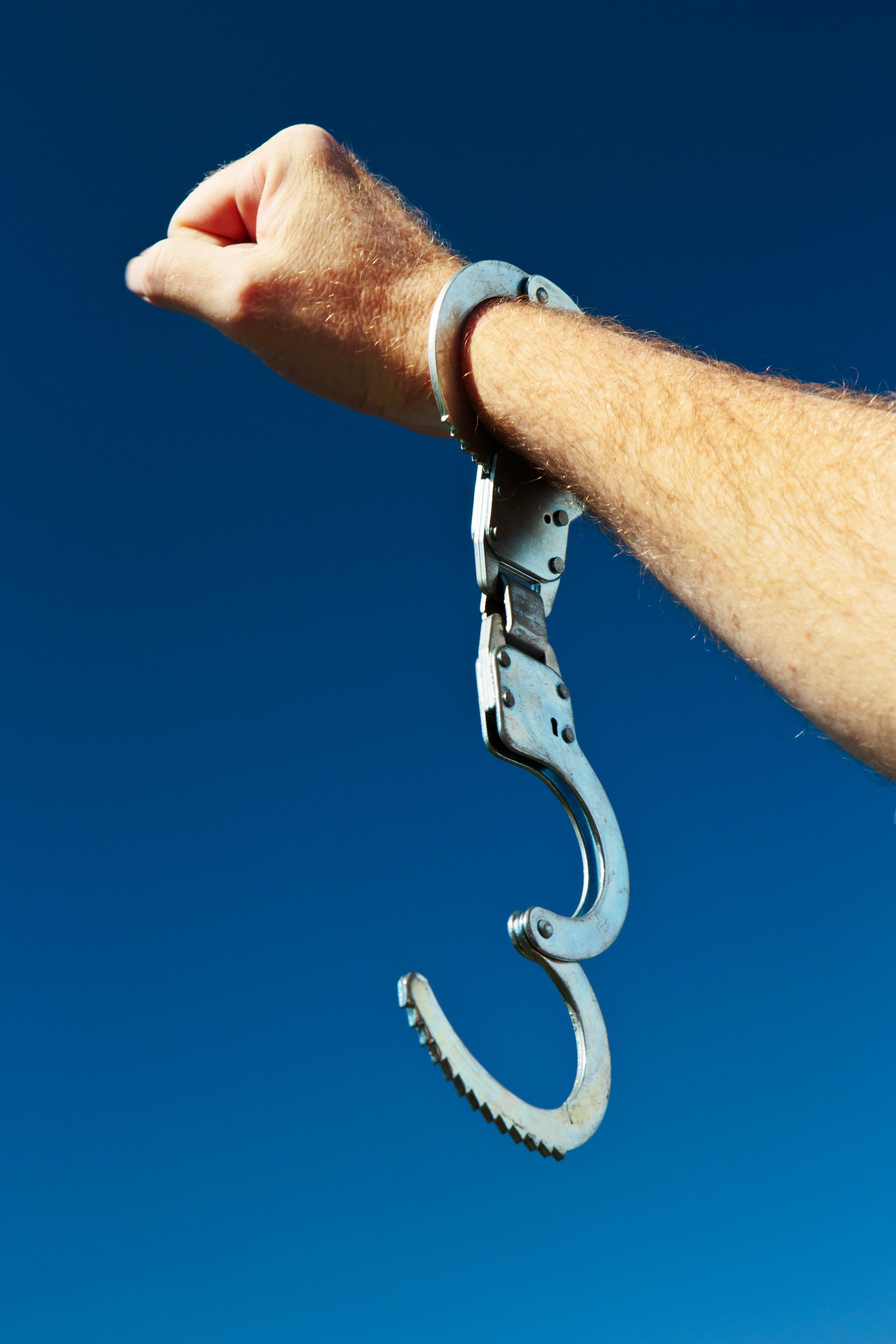My Lawyer Wants Me to Plead Guilty. Should I Do That?
Criminal defense attorneys almost always want their clients to plead guilty and accept a negotiated settlement arrangement. Things weren’t always this way. Plea bargains first appeared in the early 1880s. Back in those days the country was expanding rapidly and politicians didn’t want to spend more money on more courts. So, to avoid a backlog, prosecutors and defense attorneys sought alternatives to trial. They came up with the plea bargain.
Today, over 90 percent of criminal cases settle out of court. In defense of this practice, lawyers usually cite the old adage that “a bird in the hand is worth two in the bush.” In other words, if you have a sure thing, which in this case is a favorable plea bargain agreement, it’s foolish to give it up for a chance at something better, which in this case would be a not-guilty verdict at trial. This is a very risky thing to do because what if you don’t get the not-guilty verdict…what if you get a punishment worse than the plea bargain deal…now you see where we are going with this.
Aphorisms like this one are usually accurate. But they aren’t always true. A plea bargain recommendation is a lot like an illness diagnosis. It’s usually a good idea to get a second opinion. Before you ask for one from another lawyer, it’s important to know something about your case. More on that below.
Immediate jail release is usually the key to a successful outcome in a criminal case. And if you are jailed in Montgomery and Robertson counties, you can get out of jail fast with Fizer Bonding Company. Their bondsmen will get you out of jail 24/7 for a minimum of 10% of the bond…a good deal for sure! Incarcerated defendants often accept unfavorable plea bargains, just so they can go home as soon as possible. Additionally, waiting several months in jail for a trial date is usually not an option. The Montgomery County bail bondsman at Fizer Bonding Company can show you several options that open the cell doors and jumpstart your criminal defense.
Assessing the State’s Case
Frequently, most of the state’s evidence is in the offense report. DUI, one of the most commonly-charged offenses in Tennessee, is a good example. Frequently, officers pull over motorists for traffic violations. As the officer speaks with the driver, the officer sees evidence of alcohol impairment, like bloodshot eyes or slurred speech. The officer then has the defendant perform a few field sobriety tests. If the defendant performs poorly on these tests, officers arrest the defendant.
That all seems pretty straightforward. But there could be some issues. Under the law, officers may detain motorists if they reasonably suspect criminal activity. Reasonable suspicion is basically an evidence-based hunch. It’s not a hunch confirmed by evidence.
Assume Officer Bill sees a motorist who doesn’t look right for some reason. Officer Bill follows the motorist until s/he travels 31mph in a 30mph zone or commits another ticky-tack traffic violation. Officer Bill’s investigation results in a solid arrest.
In this situation, Officer Bill may have illegally targeted the motorist. The fact that Officer Bill later found evidence of criminal activity doesn’t necessarily make everything okay.
Notice we said “most of” the evidence is in the offense report. DUIs, like the unfortunate arrest of Homer Simpson, usually include chemical tests. Like all machines, Breathalyzers are not 100 percent accurate 100 percent of the time.
Some criminal cases have additional moving parts, such as eyewitness reports. Assault is a good illustration. If a husband and wife get in a fight after a night of drinking, the wife’s recollection is probably a little fuzzy. Furthermore, alleged victims rarely make up stories to get defendants in trouble. But these things have been known to happen, especially if there is jealousy involved.
Assessing Your Defenses
The state has the burden of proof in a criminal case. So, a lack of evidence, by itself, could be an effective defense. Prosecutors cannot afford even one weak link in a chain of evidence.
The substantive issue could be a complete lack of evidence or a lack of credible evidence. Assume Sarah is charged with DUI-collision. If no one saw Sarah behind the wheel, there is a complete lack of evidence on the “driving” portion of a driving under the influence case. If the only witness didn’t get a good look at the driver, there could be a lack of credible evidence on this point.
Procedural and affirmative defenses are also available. Procedural defenses usually involve pertrial police errors. Failure to properly Mirandize the defendant and search warrant issues are the two most common procedural defenses.
Before officers take a suspect into custody or ask any questions, they must administer the Miranda rights. “Custody” means the defendant doesn’t feel free to leave. Usually, when officers initially approach people on the street, they don’t feel free to leave. The questions need not be directly related to criminal activity.
Search warrant issues are quite common in illegal possession cases, like drug or weapons possession. If officers don’t have a warrant, and they usually don’t, a narrow search warrant exception, like owner consent, must apply.
Self-defense in an assault case is the best example of an affirmative defense. Usually, this defense applies if defendants used a reasonable amount of force to prevent harm to themselves or others. Other affirmative defenses include police officer entrapment and third-party coercion.
The sooner a bail bondsman near you with Fizer Bonding Company can arrange pretrial release, the more time your lawyer has to evaluate the state’s case and identify possible defenses. Plus, no one wants to stay in jail a minute longer than they have to. Fizer will get you tail outta jail FAST!
Non-Plea Bargain Options
Usually, guilty pleas involve arranged plea bargains. The prosecutor and defense attorney agree as to the charges and punishment. Unarranged plea bargains are also available in some cases.
One version is the open plea. Defendants almost literally throw themselves on the mercy of the court. This option might be a good idea if the prosecutor doesn’t make a reasonable settlement offer. Some prosecutors dislike some defendants or they have strong feelings about certain offenses. More frequently, the prosecutor’s hands are tied, usually for a political reason.
Another version is the slow plea. The defendant pleads guilty and then asks a jury to assess punishment. This alternative is often a good idea if there are some extenuating circumstances that don’t amount to a legal defense. If Raul killed a drug dealer in cold blood, he probably has no defense. But, a jury might be sympathetic toward Raul.
Somewhat similarly, two different trial options are usually available. As a rule of thumb, a jury trial is often a good idea if the defendant has a partial defense but is sympathetic. A bench trial, in which the judge serves as the factfinder, is usually a good idea if the defendant has a strong defense. Sympathy is mostly irrelevant in bench trial cases.
For more information about the criminal law process, contact the Clarksville, TN bail bond professionals at Fizer Bonding Company. For more information see our Areas Served. Fizer Bonding Company is a proud member of the Tennessee Association of Professional Bail Agents.
“We’ll get your tail outta jail!”
Fizer Bonding Company in Montgomery County Tennessee
Fizer Bonding Company in Robertson County Tennessee
**Disclaimer**
Be advised that www.fizerbailbonds.com or Fizer Bonding Company LLC is not an attorney or law firm and does not provide legal advice. If you are seeking legal advice consult with a competent attorney in your jurisdiction. www.fizerbailbonds.com provides information only and the site may include inaccuracies or typographical errors. No guarantees are made and the use of the website, content, and any information provided is at your own risk.
The post My Lawyer Wants Me to Plead Guilty. Should I Do That? appeared first on Fizer Bail Bonds.












